Key treatment issues
Low public awareness of symptoms, inadequate and uneven access to specialist stroke treatment and lack of coordinated action around the world are key issues in stroke.
Low public awareness of symptoms, inadequate and uneven access to specialist stroke treatment and lack of coordinated action around the world are key issues in stroke.
Saving lives and improving outcomes from stroke starts long before a patient has contact with a health professional. It starts with public awareness of stroke symptoms. Awareness of FAST improves timely access to specilaist medical treatment which minimises damage to the brain, increases the treatment options available, reducing the risk of death and disability. Sustained public awareness campaigns supported by governments and delivered in partnership with local stroke organizations go hand in hand with efforts to access to acute treatment.
Financial barriers to prevention and detection of stroke risk factors through universal health coverage and access to essential medicines is critical to stroke prevention and will reduce the individual and community costs of stroke. Acess to specialist acute stroke care through the development of stroke units and professional education is needed to broaden access to quality stroke care.
Rehabilitation starts in the hospital as soon as possible following a stroke. It can improve function and help the survivor regain as much independence as possible over time. Many stroke survivors will need on-going treatment to address the physical impact of stroke and to maintain their mental health and well-being. Universal health coverage should include access to rehabilitation and long-term care needs of stroke suruvivors.
WSO members share their experiences of stroke and stroke treatment to highlight the importance of access to specialist stroke unit based care.
 Corporate Supporters
Corporate Supporters
 Corporate Supporters
Corporate Supporters
 Platinum Plus
Platinum Plus
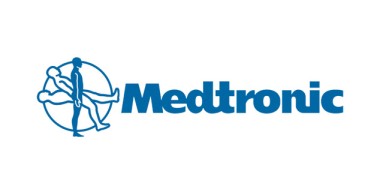 Platinum Plus
Platinum Plus
 Silver
Silver
 Silver
Silver
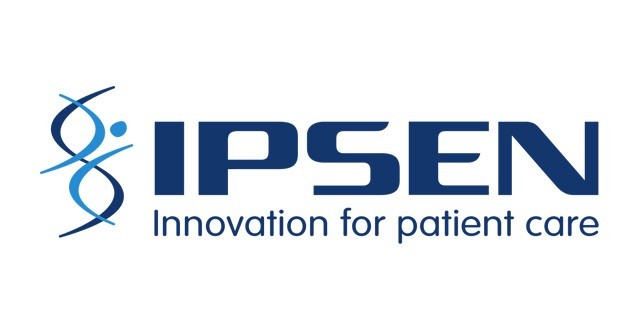 Silver
Silver
 Silver
Silver
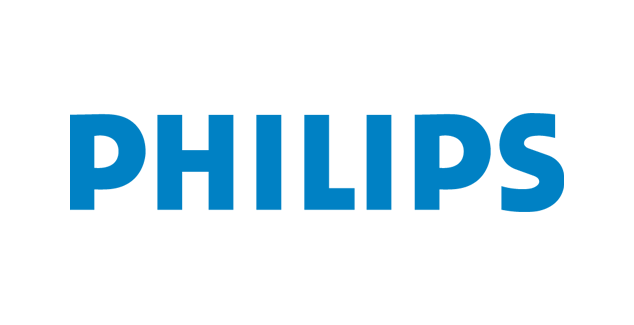 Silver
Silver
 Bronze
Bronze
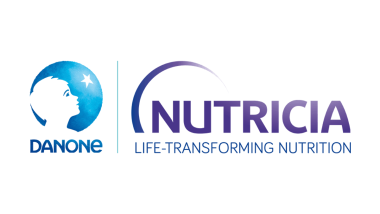 Bronze
Bronze
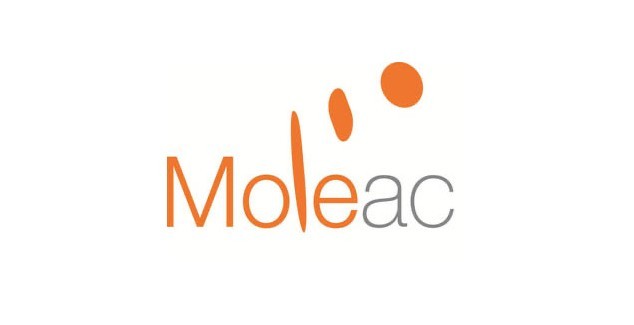 Bronze
Bronze
 Bronze
Bronze
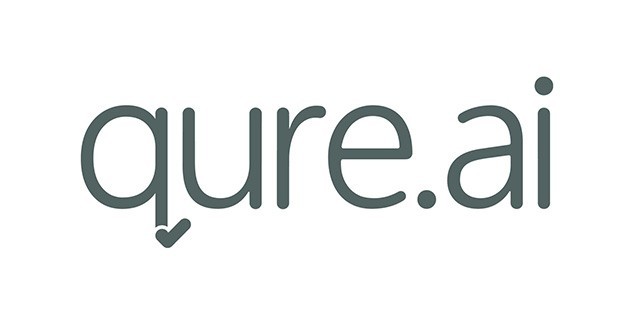 Bronze
Bronze
 Bronze
Bronze